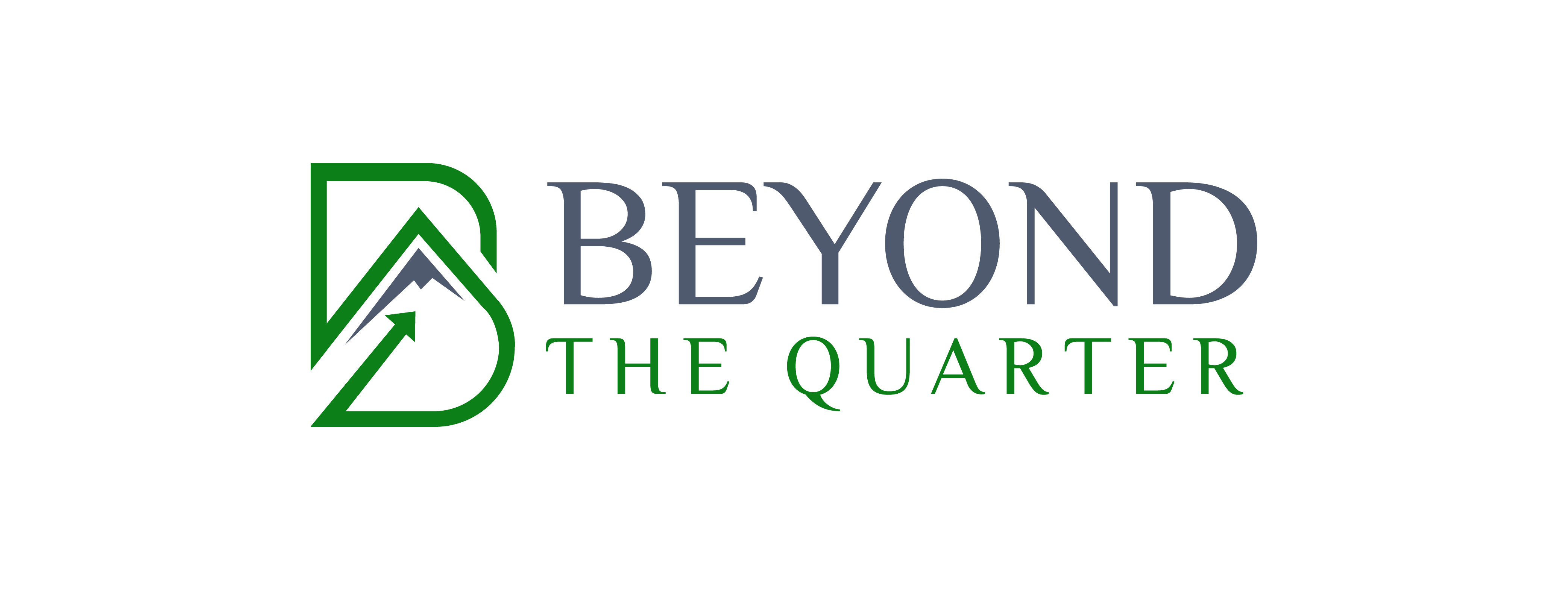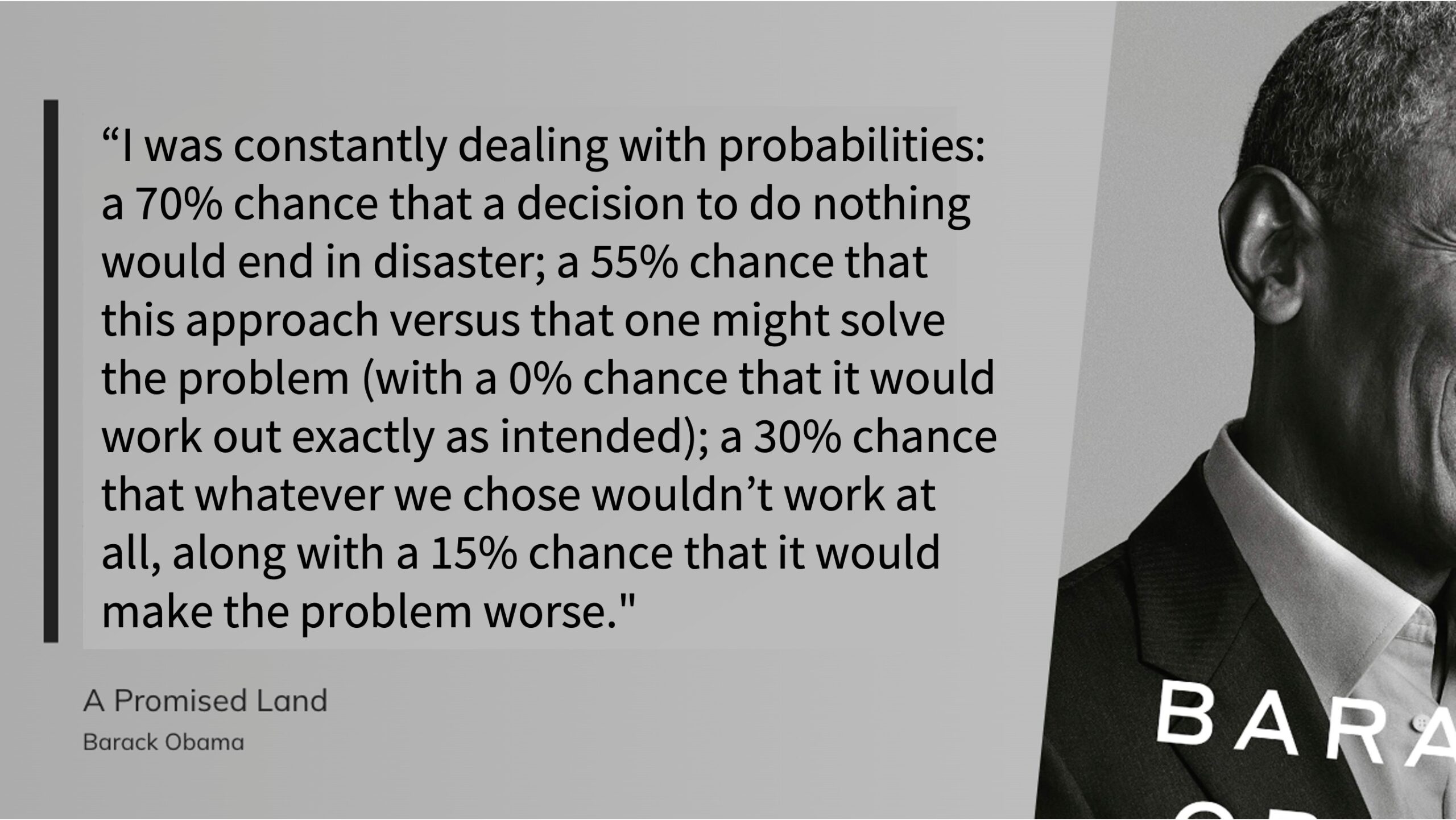I’ve seen vulnerability, authenticity and imposter syndrome used as excuses to lead badly. Worse, I see so much “advice” and “thought leadership” being liberally dished out to CEOs and leaders of SMEs which actually disempowers them.
Most of it from coaches who’ve never had to sweat over making payroll for their team at month-end.
I believe strongly that the conversations around these 3 topics are both welcome and overdue. Really overdue. But there’s a lot of missing nuance in the popular worksphere. And that nuance is especially important if you lead a small to medium business (SME). Because although these 3 creeds may provide refuge from an expectation of Godlike infallibility, when misinterpreted, they can very quickly disempower you and stop you from effectively serving your companies and teams.
And leaning too heavily into any of them robs you of one of the most critical demands of leadership…
Owning your outcome.
This newsletter will set the context in terms of what leadership needs, especially of SME CEOs, and even more especially of owner CEOs. It comes from my own experience of having led a startup from 2 people to eventually 500 people after acquisition, and from working with dozens of other leaders in the space.
It is unashamedly experience-based.
The next 3 newsletters will in turn address vulnerability, authenticity and Imposter Syndrome. I’ll suggest what each of these could and should be for an SME leader, and most importantly what they can’t be.
Warning! I’m not a believer in dogma. And that stretches from religion to parenting, to leadership advice! So as you read this, recognise that the ultimate leadership skill is wisdom – and a big part of that is knowing what’s relevant in your own context.
That said….
The crux of it
The challenge with all three concepts, as with so many areas in leadership, in parenting and in life, is that there is nuance. Recognising your own imperfection (aka humanity) can empower you and your team to engage with decisions and direction. But go over a fine line, and you’ll leave them rudderless and exposed, and yourself a victim of your own creation.
Traditional – dare I say patriarchal – leadership pretended to have all the answers.
“The papal doctrine of infallibility”.
“The leader cannot be wrong, and must not be questioned”.
We know, thankfully, that this is a toxic leadership which serves neither the team, nor the organisation. Nor in reality the leader.
It shows no vulnerability, and as such is inauthentic, and puts a pressure on you to be something you can’t be.
So the question is how can a leader, by definition human, imperfect and fallible, steer the team and organisation to arrive at good outcomes?
Your responsibilities as leader
Leadership comes with a lot of responsibilities. And to compound this, the more senior the leadership role, the more amplified the impacts of those responsibilities.
You are the only one with access to the nuclear button. You have no certainty about when it should be pressed. And the impacts of pressing it are huge.
That is uniquely your challenge.
So if you choose to take the role of leadership, either by accepting job offers, or by setting up your own company, you have to accept that this comes with a lot of responsibilities.
And that your team has a right to expect them of you.
If you’re not able to handle those responsibilities, then don’t do it. And don’t feel you’ve failed in life if you’ve not swallowed the Koolaid that “success = setting up a company”. Working in, rather than starting, a company is honourable, valuable and the right thing precisely because it’s the best contribution within a work context that the vast majority of people can make.
But for the CEO, what are those responsibilities?
A lot of them.
The most fundamental is to do the best you can for your company’s purpose and for its employees. That also includes balancing the company’s impact across its many stakeholders – customers, team, owners (or you if you own it), the environment and the communities it operates in.
Let’s break that down a little more, because this will serve us as we come to talk about vulnerability, authenticity and imposter syndrome. As the ultimate owner who is responsible for your company’s performance, here are some key areas where the buck stops with you. Not complete – that would need a book – but the key ones.
- Direction. It is up to you to establish clarity on direction. How that is arrived it is also up to you – whether you mandate it, achieve it through collaboration, or ask chatGPT for the answer! But whichever way, your team has to be clear on direction and where the organisation is headed. At least as importantly, it needs to know where you’re not heading.
- Team. It is your responsibility to create a team that works. That means deciding who is in the team – and here I mean especially your leadership team. It means deciding who in the team does what. And deciding the norms – process, expectations and culture – of how the team works together.
- Decisions. You should absolutely not be making all the decisions in your organisation. But you do have responsibility for the hard ones. And the harder the decision, the more likely it is to land on your shoulders. Hard because there’s a lot of uncertainty, or the impact is large, or most often both. However hard the decision, you need to make it.
- Culture. You absolutely lead on culture. You determine the lived values which set the culture. You choose a team based on alignment with those values. You reward behaviour aligned with the values, and minimise behaviour misaligned with it. Your leadership on values, starting with your own behaviour, ends up having the largest determinant on your organisation’s culture.
- Growth. It is up to you to create an environment where your team can thrive. Whether they do or not is their call, but they shouldn’t be held back because the company you lead doesn’t allow them to flourish.
- Belief. Your team needs to believe both in the mission it’s on, and on it’s ability to achieve it. Whether the mission is for your customers to have clean and inviting offices to work in, to make materials for building in an environmentally friendly way, or to deliver best in class online experiences – whatever the mission is, and however big or small it may be – your team needs to believe in it, and needs to believe it has agency in delivering it.
It’s a tough set of responsibilities. And no human being can deliver on all of them all the time.
Which is where your vulnerability comes in – an acceptance of your own humanity. Also your authenticity – that you should do this work in a way that is aligned with who you are. And where your imposter syndrome may arise – am I really able to do this, and when will they see through me?
But what you cannot do is shirk those responsibilities.
So how do we square the circle? How does the bunkum that so many coaches tell us about our vulnerability, about our authenticity, about how to deal with our imposter syndrome – how does that actually disempower us? Why is so much of what they tell us a pile of horseploppy?
Well, let’s start with vulnerability… in next week’s newsletter.
How we can support you
- Join us to support you as you scale your company; create time to focus on the bigger picture; and keep values and purpose at the core.
- Subscribe to our Bite-Sized Business Tips - thought snippets for values-centred business leaders. Every few days, a short focussed read on a specific topic of how to lead a company that values both profit and purpose.
- Talk to us to explore how we can help you scale your company in the direction you want to take it.

